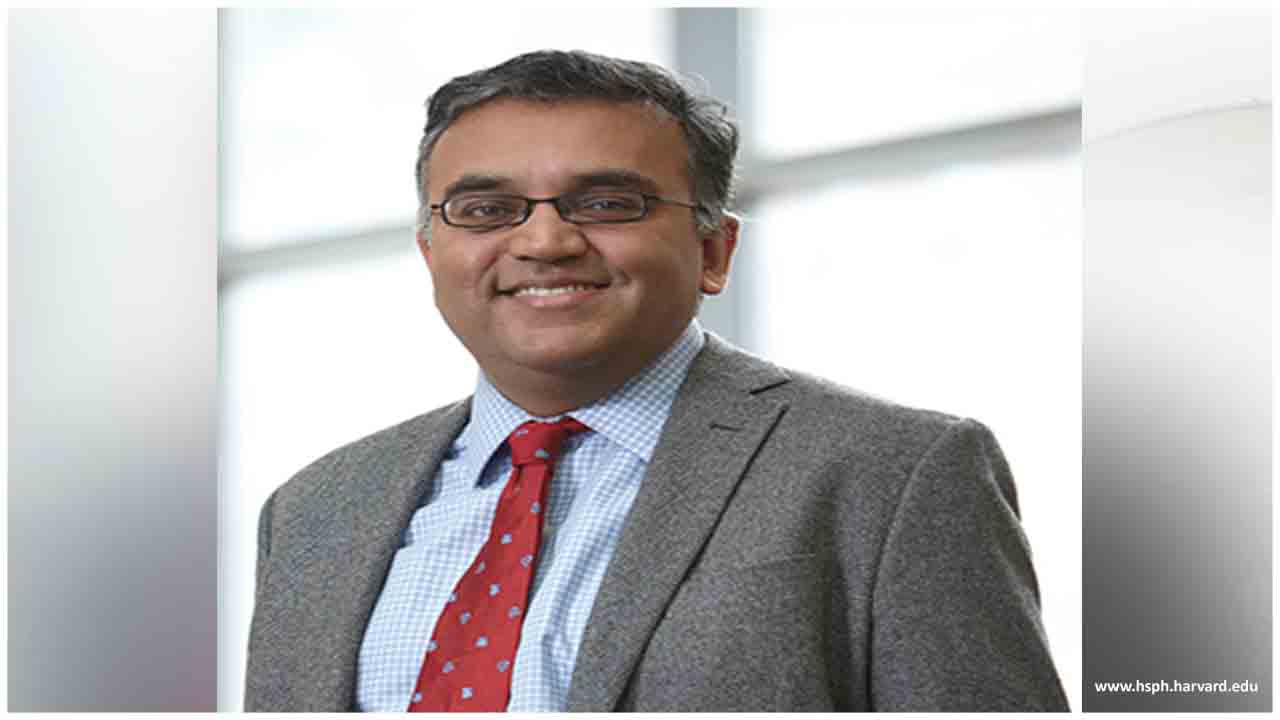India inching to become the global epicenter of COVID-19, worries globally renowned public health expert Dr. Ashish K Jha. It is time to go aggressively after the virus, the Harvard Global Health Institute director reportedly told India Today TV in an interaction. Saying that limiting testing might turn to be a self-defeating strategy, Dr. Jha said India might be growing at 30 to 50,000 cases a day, but only a little a part of that's being captured immediately.
Is India a subsequent global hotspot? "That's the fear," Dr. Jha was quoted as saying. "It is becoming a global hotspot. And that we are still early during this pandemic with many, many months to go before there's a vaccine. Probably a few years to go before there is a vaccine. The question ahead is what's India's strategy for slowing down the spread of the virus? And there are only three things we all know which will make any difference. Lockdown is the most extreme version of social distancing. Second is testing, tracing, and isolation. And therefore, the third is wearing a mask. It's vital that they start doing it in an aggressive way. We've been talking about testing since the start of this and India has made some good progress. It's far away from where it must get on testing. I feel we all want to work out how we avoid lockdowns over and once again for the subsequent year."
Late last month, in interaction with Congress leader Rahul Gandhi, professor Jha stressed upon the necessity for an aggressive testing strategy in high-risk areas. The conversation was a part of Rahul Gandhi's ongoing series of dialogues with globally recognised experts on tackling the pandemic.
What are you making from the large picture emerging from India?
"I am afraid, not due to all the cases India has. On a per-capita basis, India still features a few cases and a couple of deaths. The constant day-to-day increases are very concerning to me. 10,000-12,000 people are being identified; That's far more than where India was even just a few weeks ago. Then I feel what is going on to interrupt this exponential curve? I'm worried that the lockdown has already been done. Outside of the lockdown, there are only a few of other things we all know about stopping and slowing down the spread of the virus. I'm worried if India will be able to do all that," he said.
Asked why the artificially deflating testing data is hugely problematic, Prof Jha explained, "The whole purpose of the lockdown, which I supported, was to buy time. You're buying time to create really extensive testing and tracing programme. And I am worried that India had a really long and expensive lockdown but didn't use that point adequately to create up a testing infrastructure. And now the cases are surging. This is often where the testing should be surging. We should always be substantially increasing the count of tests across the country. I am worried there are hotspots that we are missing because we aren't even testing in those places. And that we are missing an outsized number of cases."
On the politics behind some States reducing testing so as to stay infection numbers low, the health expert said, "It may be a very self-defeating strategy. It is a very short-term strategy...We are seeing the same issue at Brazil and our own President Trump tried to downplay testing for an equivalent mindset. Here's the bottom line -- testing doesn't cause the cases, the virus causes the cases. You'll put blindfolds on for a few times but at some point, it'll become overwhelming. Watching the Indian subcontinent, I'm very worried that we still miss an outsized number of cases. The simplest models immediately suggest that each day maybe 30,000-50,000 Indians are becoming infected but we are only capturing 10,000-12,000. this is often not any thanks to curtailing and control the pandemic. we've to be far more aggressive on testing."
Do you believe the Indian government's assertion that we aren't within the community transmission stage, Dr. Jha said, "Of course, India is in community transmission. Why there's any question about this. this is often a distraction and that we got to specialise in how we curtail the virus."

 Says probably a few years to go before there is a vaccine
Says probably a few years to go before there is a vaccine









.jpeg)

.jpeg)










.jpg)




.jpg)

